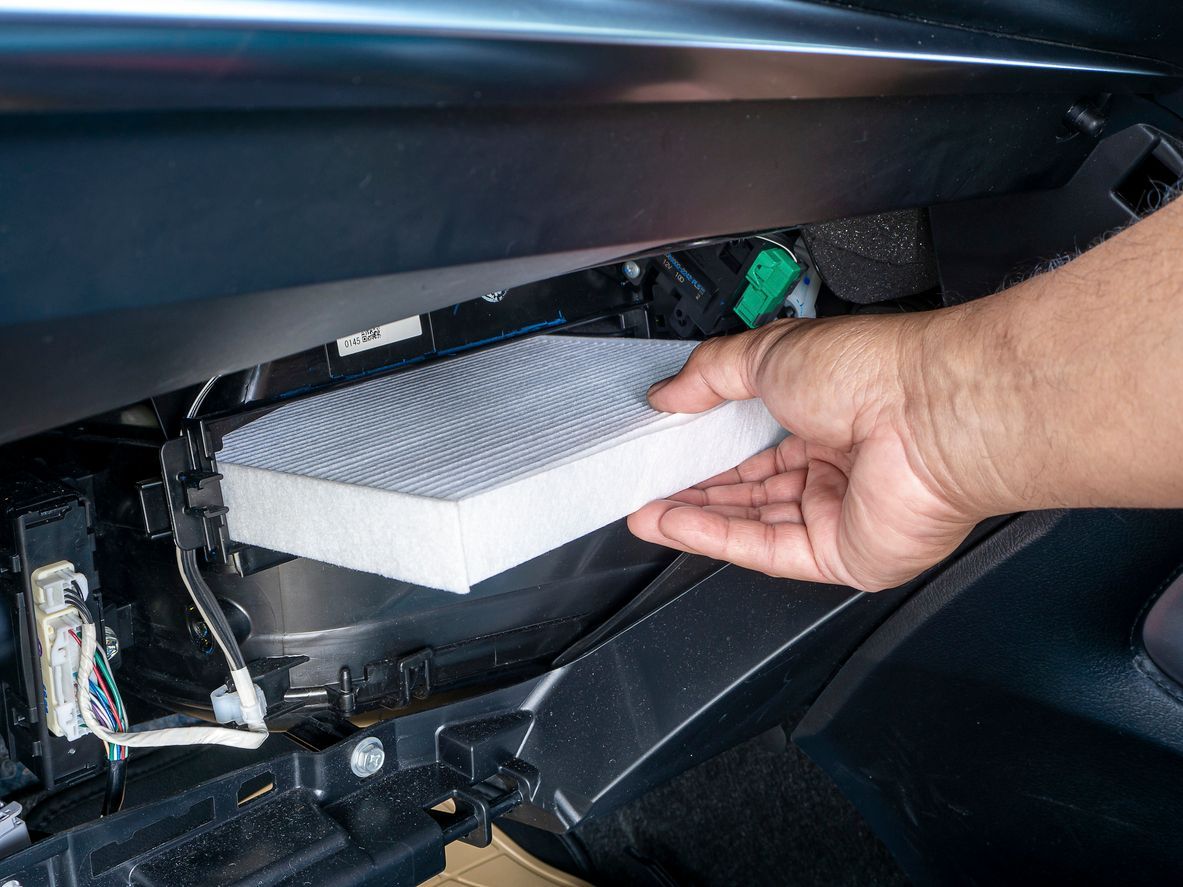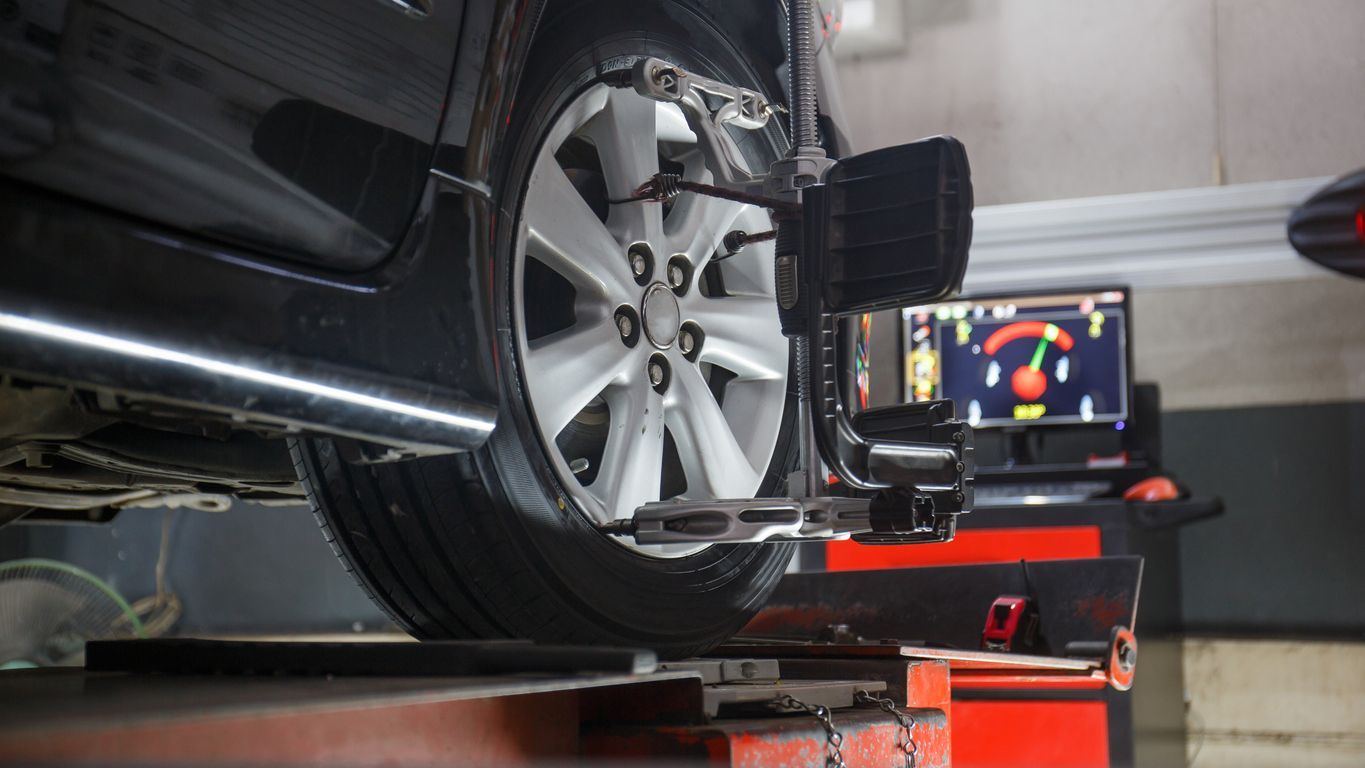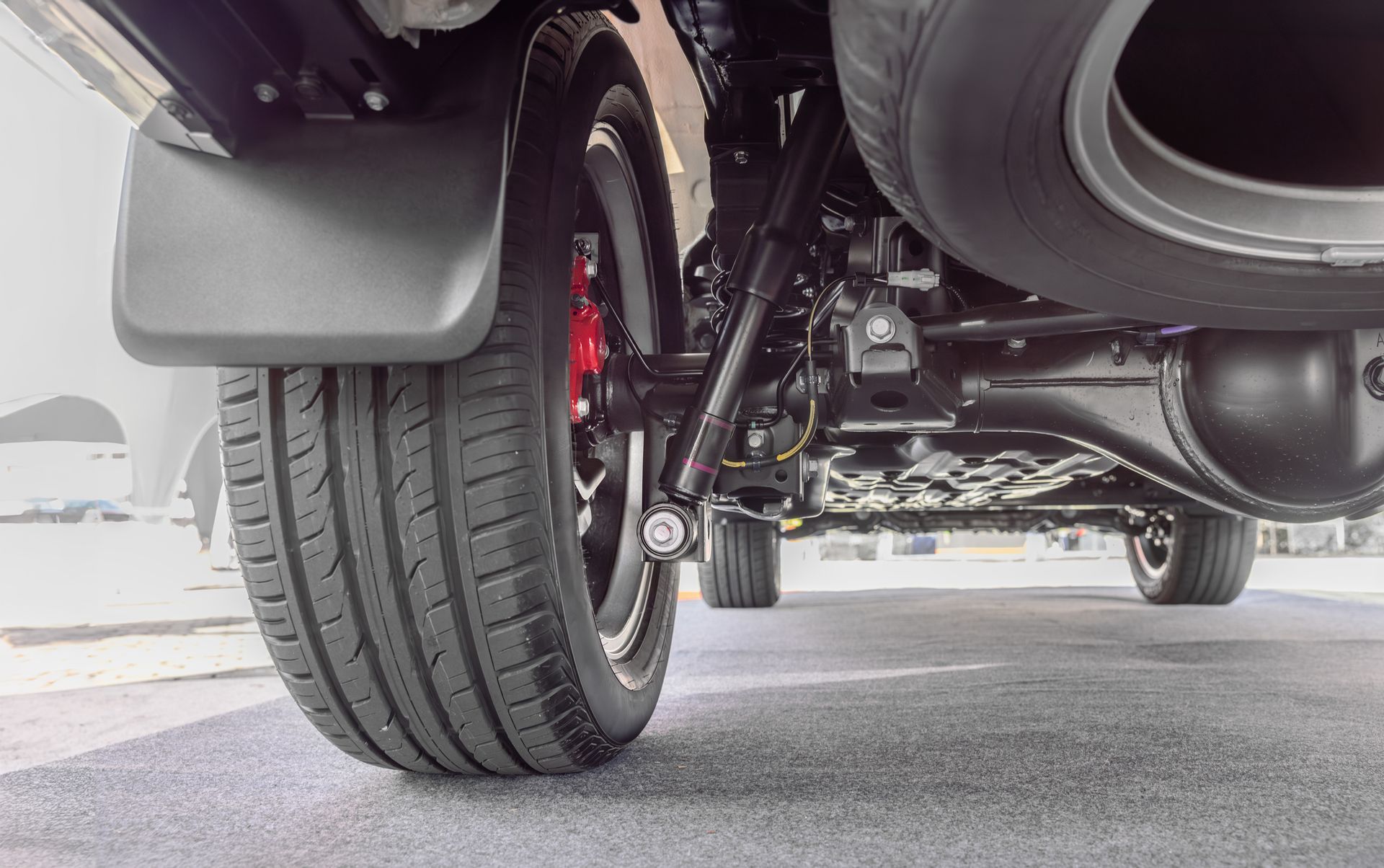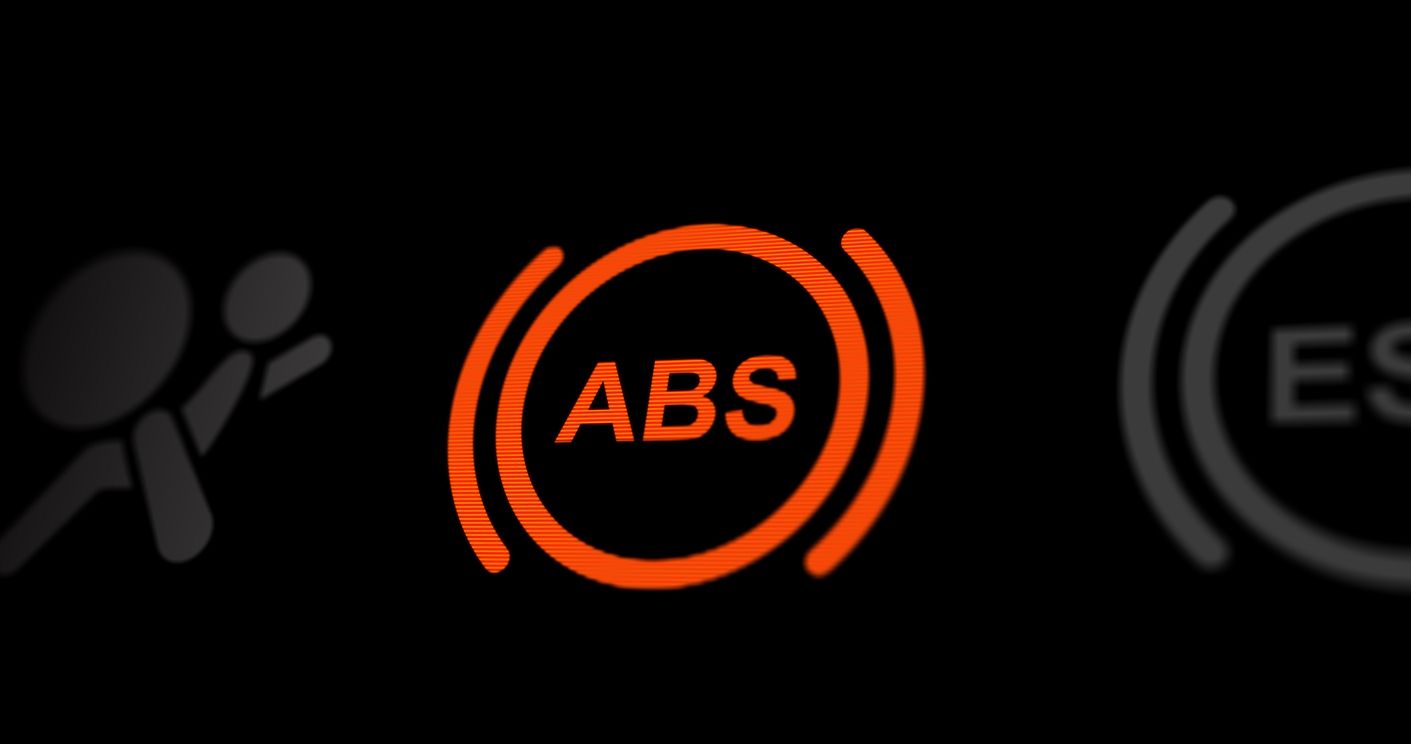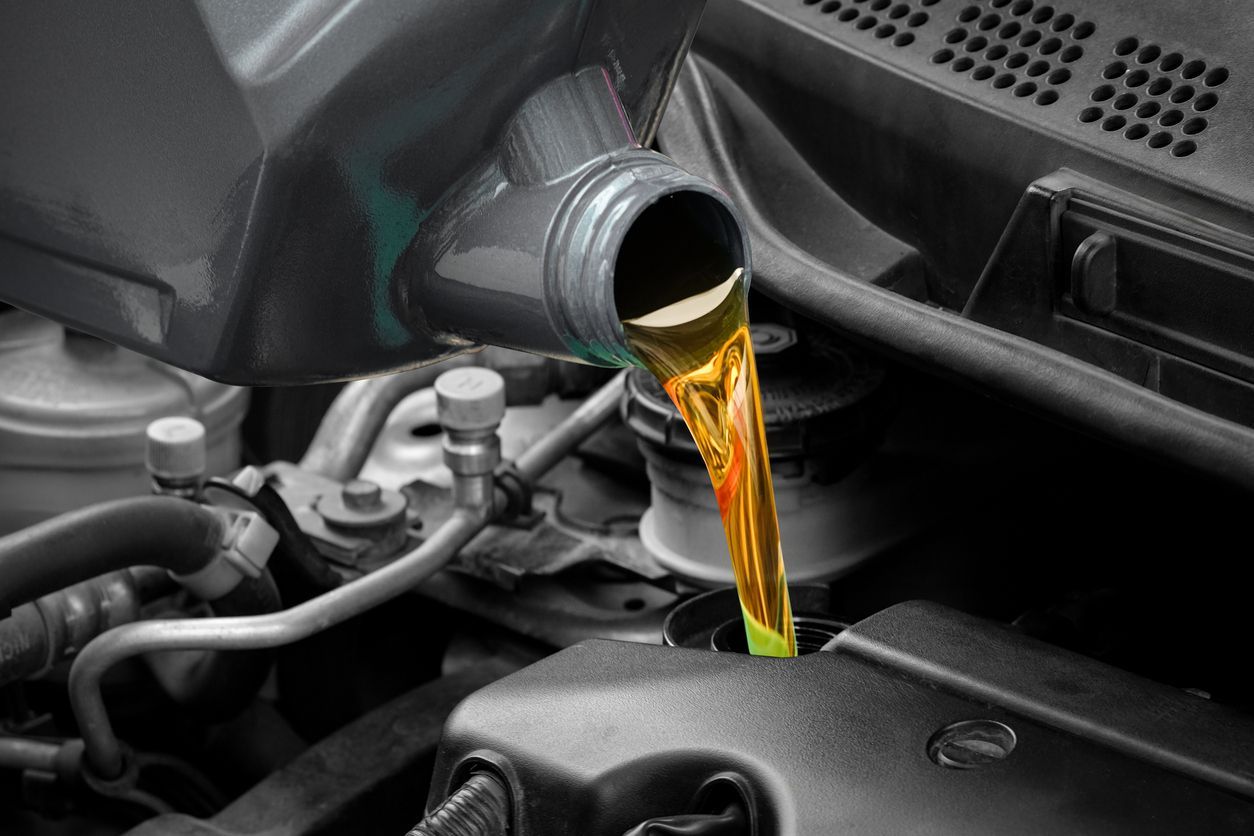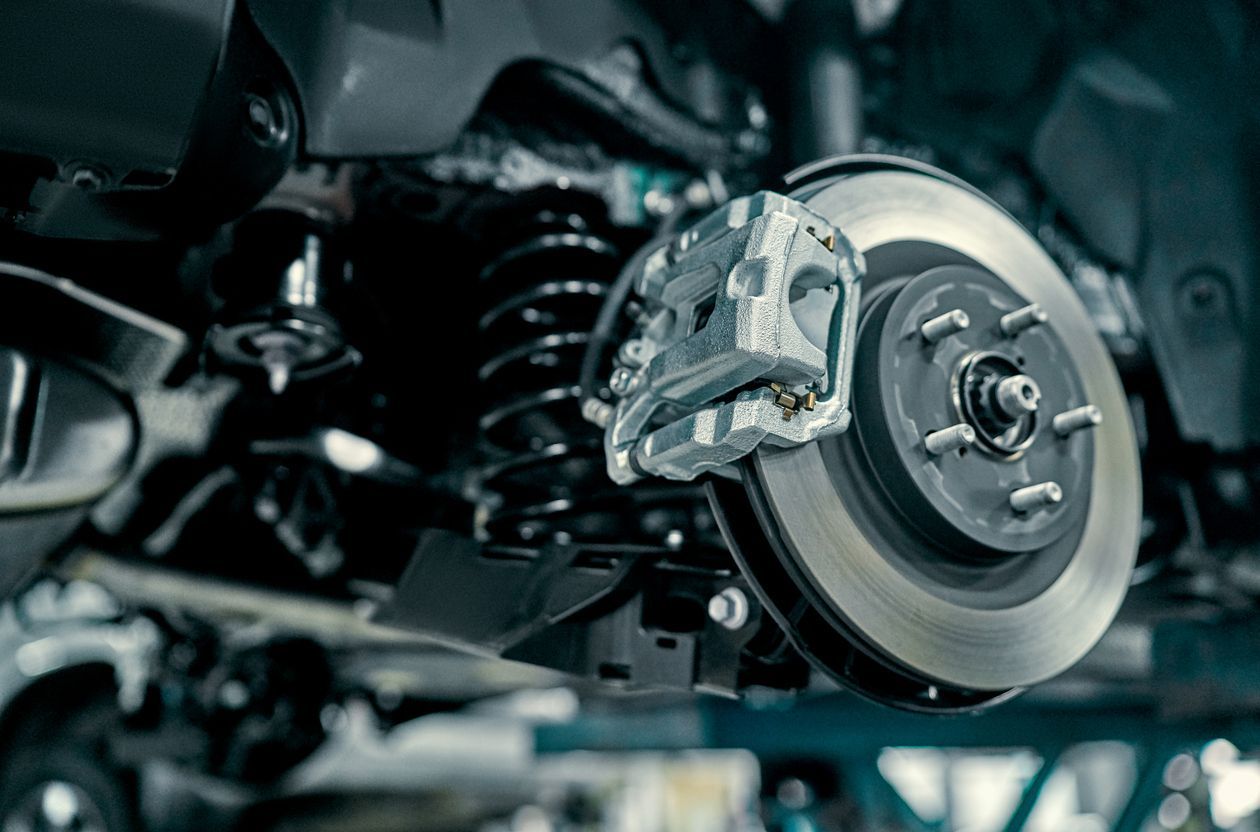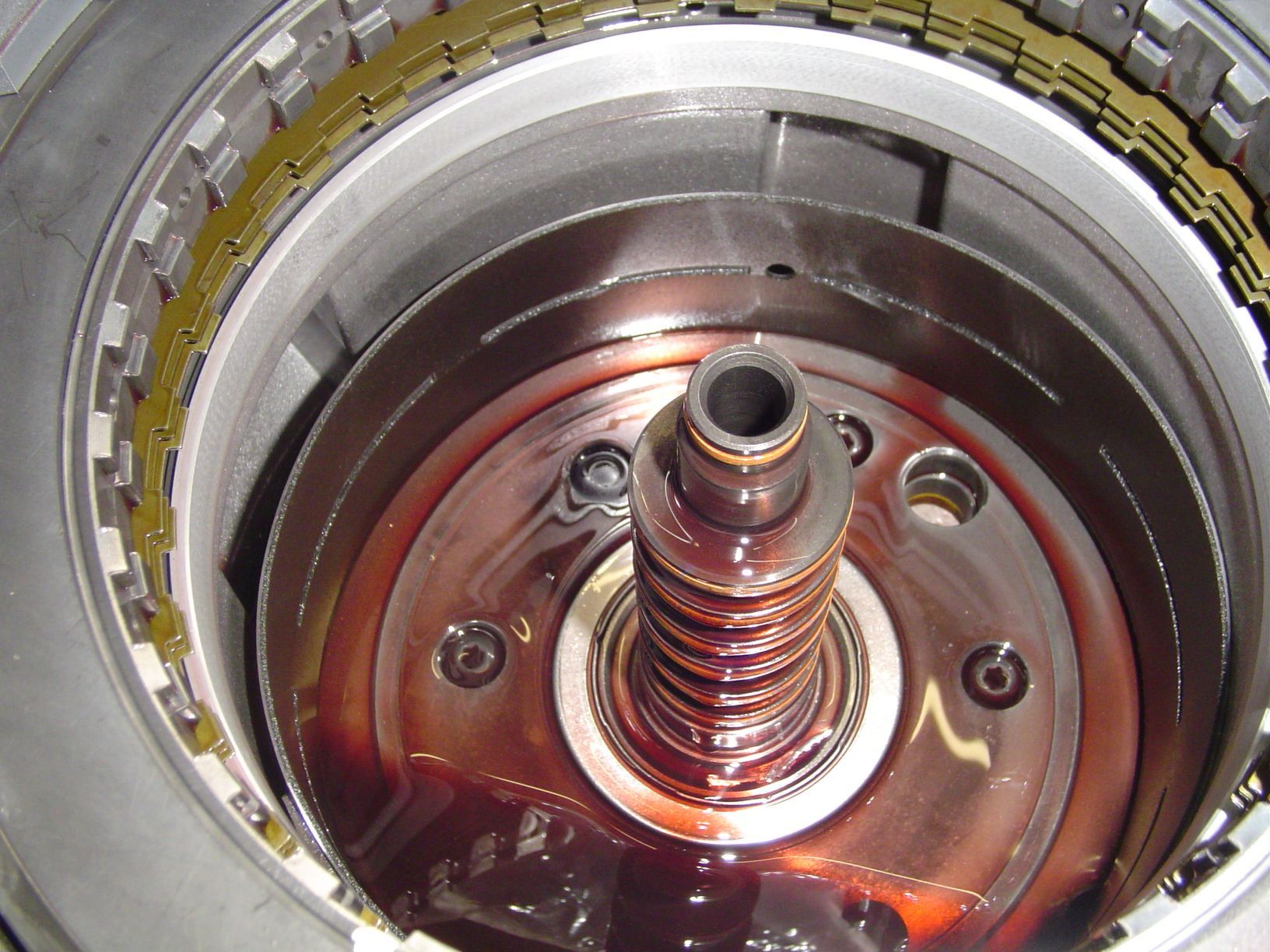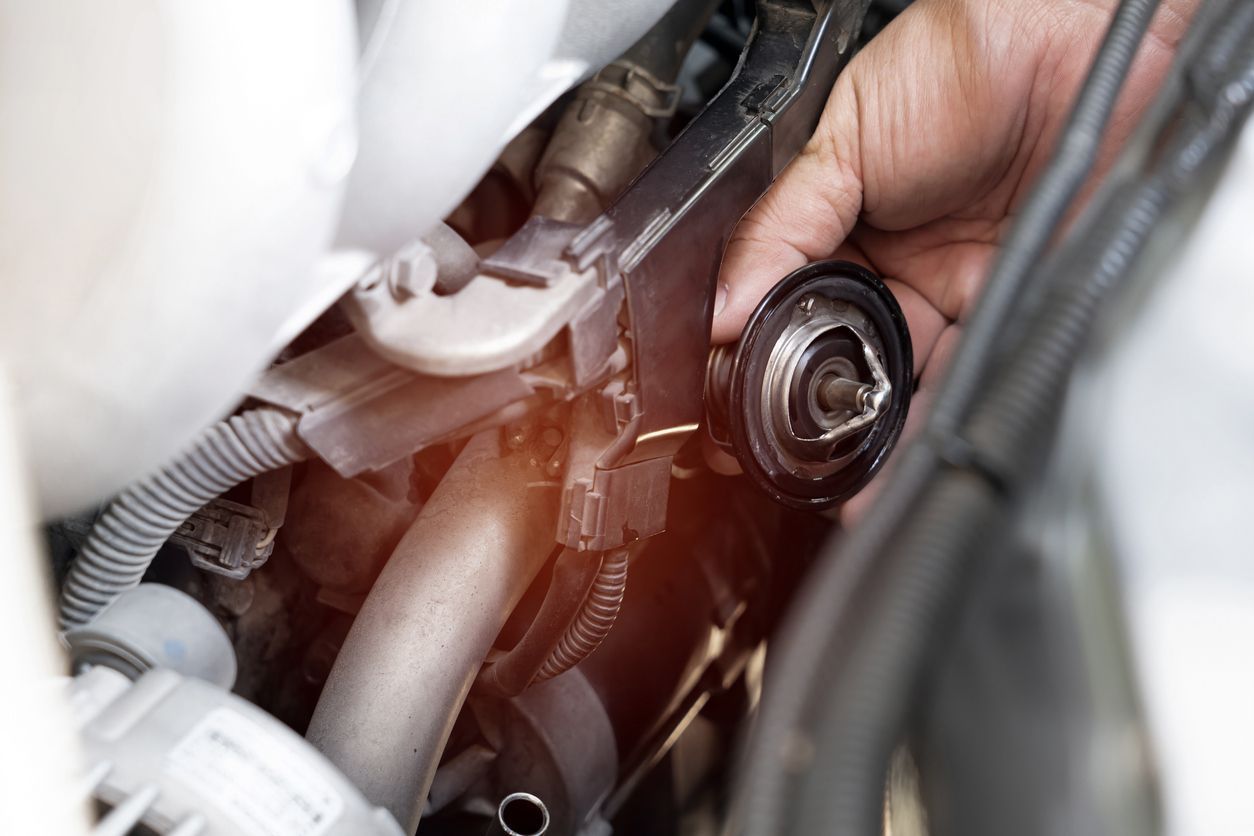Don't Blow a Gasket! (Valve Cover Gasket Replacement)
Serving: Jefferson City, MO
When you head out to your vehicle after it's been parked and notice oil leaking underneath it, that's something to have looked at right away. Oil leaks mean your oil level is probably low, and running a vehicle in that condition can lead to expensive repairs.
While there are many reasons oil leaks develop, one possibility is a bad valve cover gasket. Vehicle engines have a cover bolted over the spot where the engine valves are, and that cover keeps the oil inside the engine. In between the cover and the engine is a gasket that keeps that seal tight. But after many years of high engine temperatures and vibrations, that gasket or the bolts that hold on the valve cover can fail or loosen, and oil can leak.
You may see dirty oil on the valve cover in the engine compartment, near the spark plugs, or around the bolts that hold the valve cover on. All those are signs of leakage and time to bring your vehicle in for our technicians to check out.
In some vehicles, taking off the valve cover and replacing the gasket is a relatively easy job. In some models, though, other engine parts are located near that part of the engine and must be removed to get at the gasket, so repair costs can vary widely.
The technician will measure to make sure the valve cover isn't warped so it can be reused. If it is warped, they'll recommend replacing it with the gasket.
While the technician has that area of your engine accessible, they will also check to see if other components need replacing at the same time, which could save you money. And because valve cover gaskets usually fail in older vehicles, the technician will check for other oil leaks then, too.
One of the best ways to be sure your valve cover is doing its job is to have your vehicle regularly maintained. The technician will periodically look over your engine compartment and make sure you know when things are showing signs of age and wear BEFORE they fail and leave you stranded.
